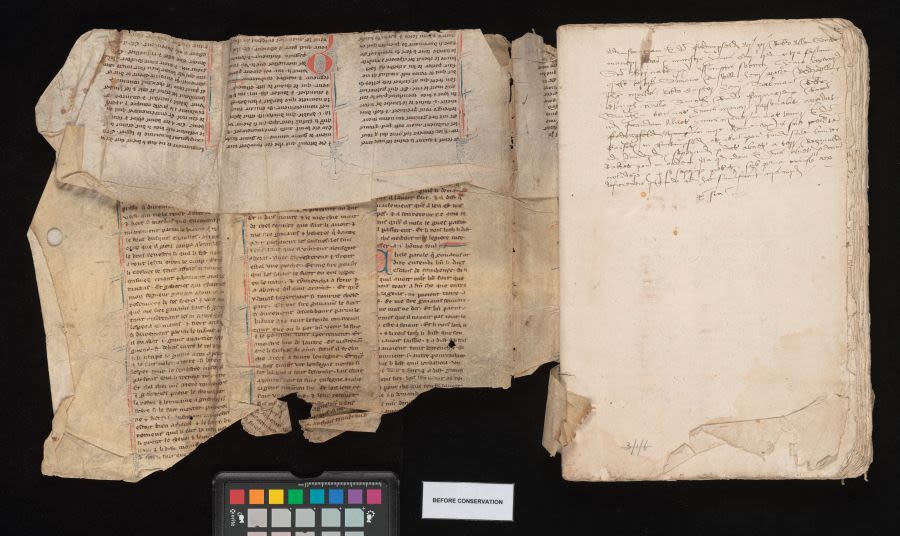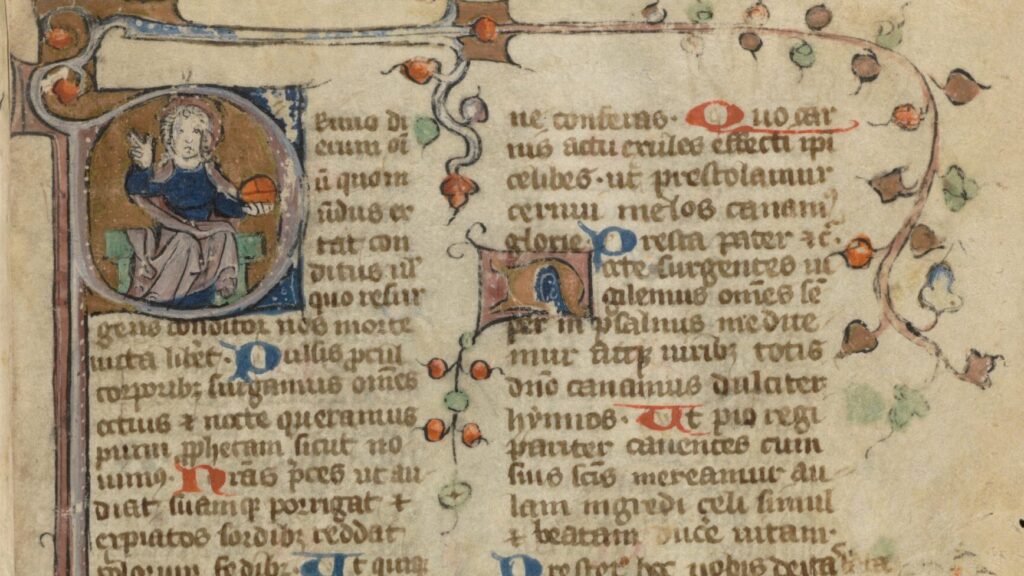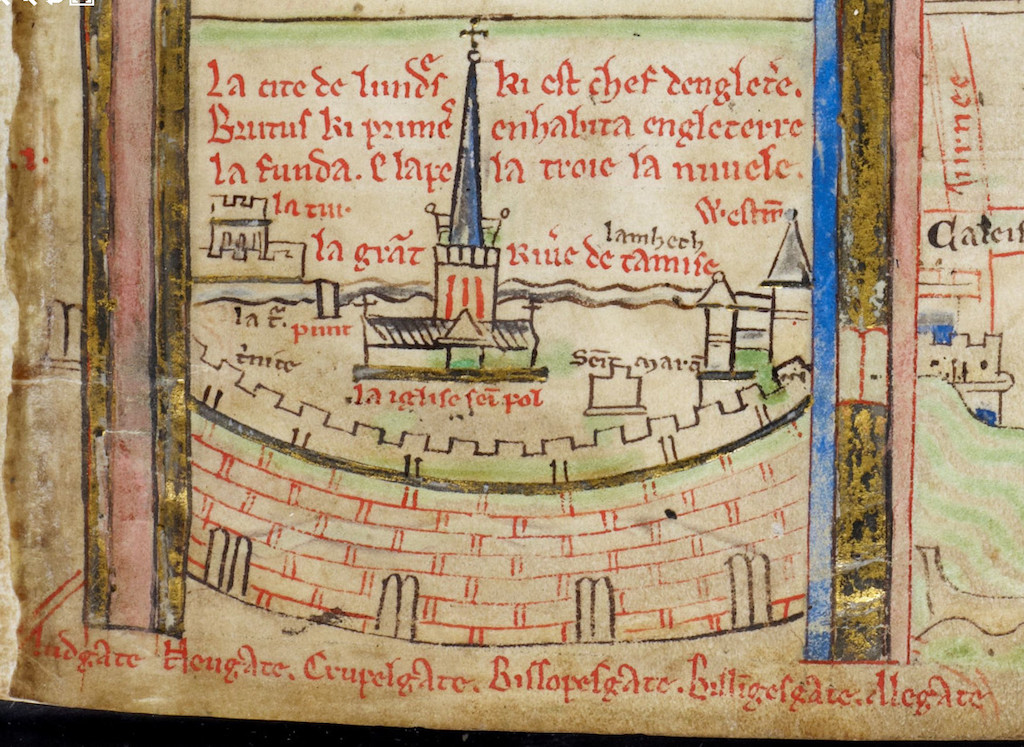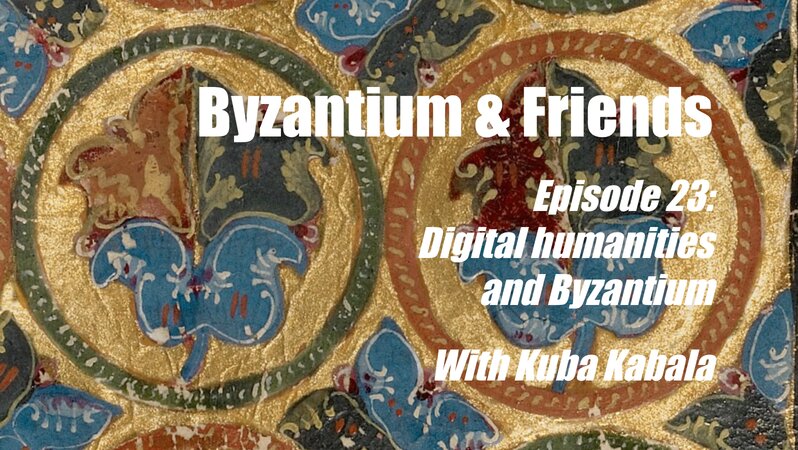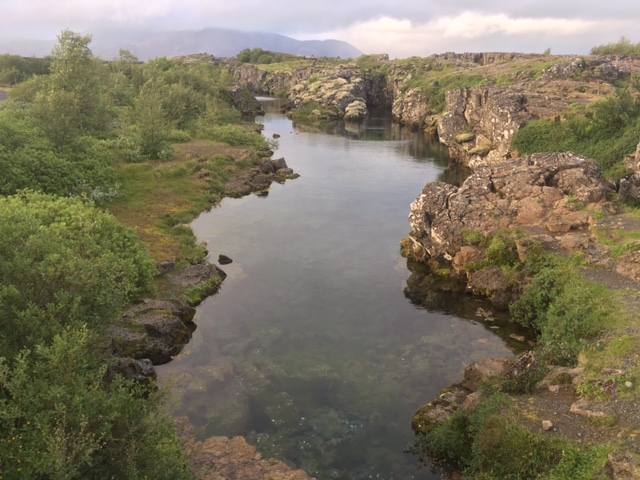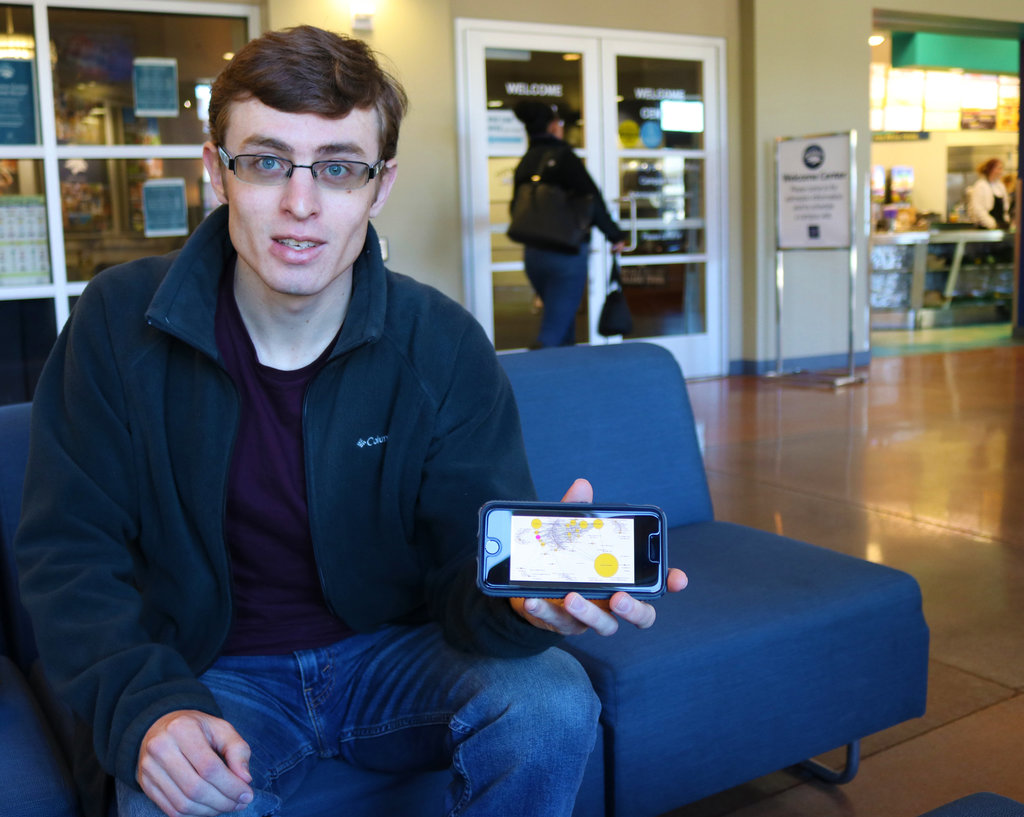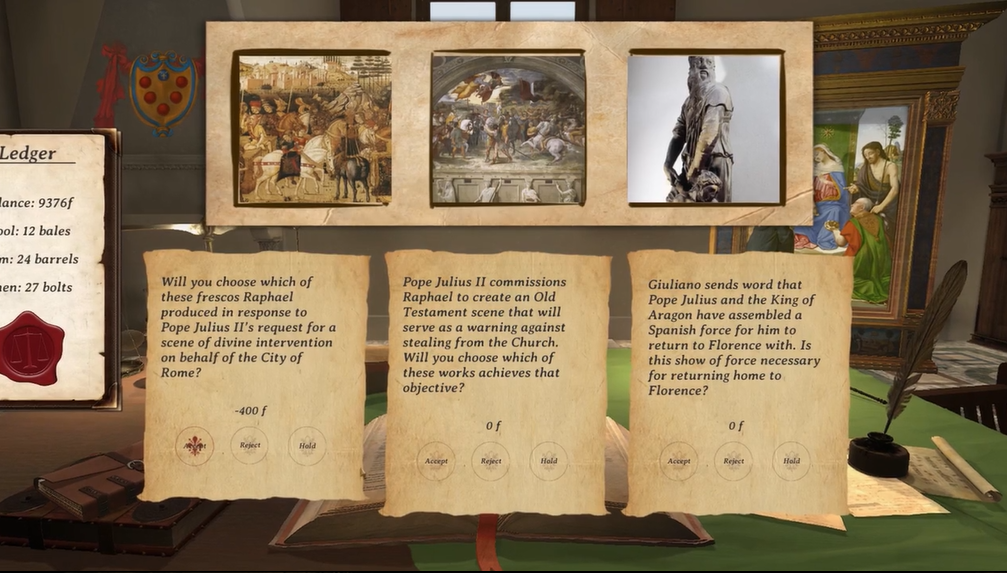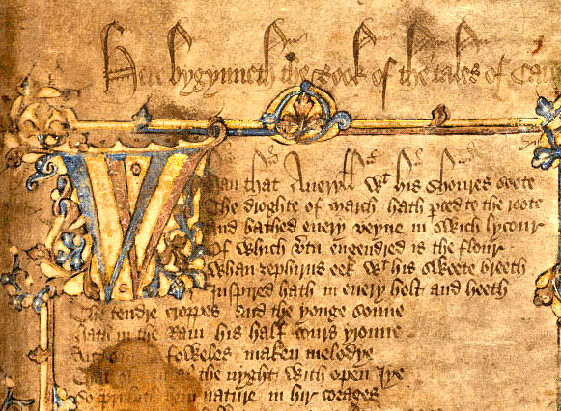Medieval Merlin Manuscript Fragment Revealed Through Digital Unfolding
A rare 13th-century manuscript fragment of Merlin and King Arthur has been rediscovered in a 16th-century book binding at Cambridge University Library and digitally revealed using advanced imaging techniques.
New Medieval Books: What is Medieval?
What is Medieval?: Decoding Approaches to the Medieval and Medievalism in the 21st Century Edited by Claire Kennan & Emma J. Wells Brepols…
How to Transcribe a Million Manuscripts with eScriptorium
Recent advances in machine learning combined with the availability of millions of images of manuscript pages means that we are now able to produce automatic transcriptions of medieval and other manuscripts, with over 99% accuracy in the right circumstances.
Explore the Book of Kells Like Never Before
A new world-class digital exhibition at Trinity College Dublin transports visitors into the illuminated pages of the ninth-century Book of Kells. This experience allows visitors to delve into one of Ireland’s greatest cultural treasures and top tourist attractions.
Deciphering medieval shorthand – can a digital tool solve the ‘Tironian Notes’?
Medieval manuscript writers created a system of shorthand known as ‘Tironian Notes’. A new project hopes to develop a digital tool to decipher it.
Collaborative Research in the Digital Age: Crowdsourcing the Get to Know Medieval Londoners Project
Delving into the collaborative possibilities that advanced technology offers, this seminar will showcase a unique partnership between historians and a group of volunteers unrestricted by geography or traditional academic structures.
New project aims to create database for medieval music and manuscripts
Over the next seven years, Dr. Bain will create an online platform that links and synergizes plainchant databases around the world.
Digital humanities and Byzantium, with Kuba Kabala
A conversation about digital humanities in Byzantine research, with Kuba Kabala. How did digital humanities emerge from traditional (analog) modes of research? What new approaches do they enable? What new findings do they make possible?
The viking ship at Gjellestad comes to life online
A Viking ship and old settlements which were discovered at Gjellestad outside Halden in 2018 have now been brought to life. Researchers from Østfold University College have led a project to create the digital grave site.
Virtual Museum: Walters Art Museum Announces New Digital Engagement Efforts
The Walters Art Museum has created new digital content to engage visitors with its collections and programming during the museum’s temporary closure due to COVID-19 (coronavirus).
Spatial Reading: Digital Literary Maps of the Icelandic Outlaw Sagas
Digital literary maps in particular, or maps that produce spatial data from texts that are considered imaginative or creative as opposed to charters or historical records, offer new critical possibilities for visualizing and understanding the interaction between spatial and geographic knowledge in literary texts.
Lords of the Isles’ home reconstructed virtually
The lost medieval home of the Lords of the Isles has been reconstructed virtually by experts at the University of St Andrews.
Digital Mappa 1.0 now online – new digital resource for medievalists
A new digital humanities resource has been launched by the University of Wisconsin-Madison and the University of Pennsylvania, geared to the medieval studies community to create research workspaces, editions, scholarship, collaboration and open access publications.
Undergraduate research project finds connection between Chaucer and medieval astronomers
Senior English Literature major, Michael Walecke, is mapping collocations of one of Chaucer’s only prose works.
Rock, Paper, Chisel, 3D Printer: Teaching Medieval Art with Technology
Teaching medieval art requires an invocation of students’ imaginations. The majority of the art we study has been decontextualized, removed from the portal, altar, or window for which it was made.
Science and the Future of the Human Past
Michael McCormick discusses how we can discover our ancestors and their lived experience, their successes and failures, and invent a new discipline, the Science of the Human Past.
New game allows students to explore the art of 15th and 16th century Florence
A new course centered around a video game was launched this fall at Texas A&M University. The course uses the video game ARTé: Mecenas, in which students are transported to the 15th and 16th centuries to commission works of art as a Medici banker.
The Digital Middle Ages: An Introduction
In the decades following the onset of the Index Thomisticus project, medievalists were often early adopters of the digital, and continue to play an important role in the development of a broader field, which came to be called digital humanities.
